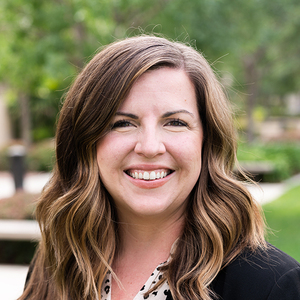Ecclesiastes 3 tells us there is a time for everything. There is a time or season for laughing, speaking and dancing — and we typically resonate with those times easily. However, there are other times and seasons that we may actively avoid: a time to die, a time to heal, a time to break down, a time to weep, a time to mourn, a time to hate. Scripture does not shy away from these seasons.
How do we navigate the harder seasons of weeping, death, healing, mourning, and feeling anger? Scripture has many things to say on these subjects, and one important piece of wisdom is found in Romans 12:15: to “weep with those who weep.” When confronted with the sorrow and weeping of Mary and friends over the death of Lazarus, our Lord Jesus himself was “deeply moved in his spirit” and “wept” (John 11:30-35).
Philosopher and author Robert Stolorow defined trauma as “unendurable emotional pain.” What makes emotional pain endurable then? One essential element was precisely what Jesus did, and what Paul in Romans encourages us to do: be with others in their pain. This, being with others in their pain along with a varied and defined skill set, is an important dimension of how we are training Marriage and Family Therapists at Talbot: to be a rooted (Psalm 1) relational presence in all seasons and times.
As Christian clinicians, we have the exceptional privilege to be fed by the streams of living water — to be firmly rooted in our faith and be with others. This vision that Psalm 1 gives us, being rooted by streams of living water, goes beyond the counseling room and into other areas of everyday life as well. These principles apply when we sit with coworkers who need a listening ear or to the conversation with the person sitting in the pew next to us in church and with the neighbor across the street. As Christians rooted in the streams of living water, we can help provide a piece of that relational presence in both big and small conversations throughout the week.
Learn more about Talbot’s M.A. in Marriage and Family Therapy program.
 Biola University
Biola University




